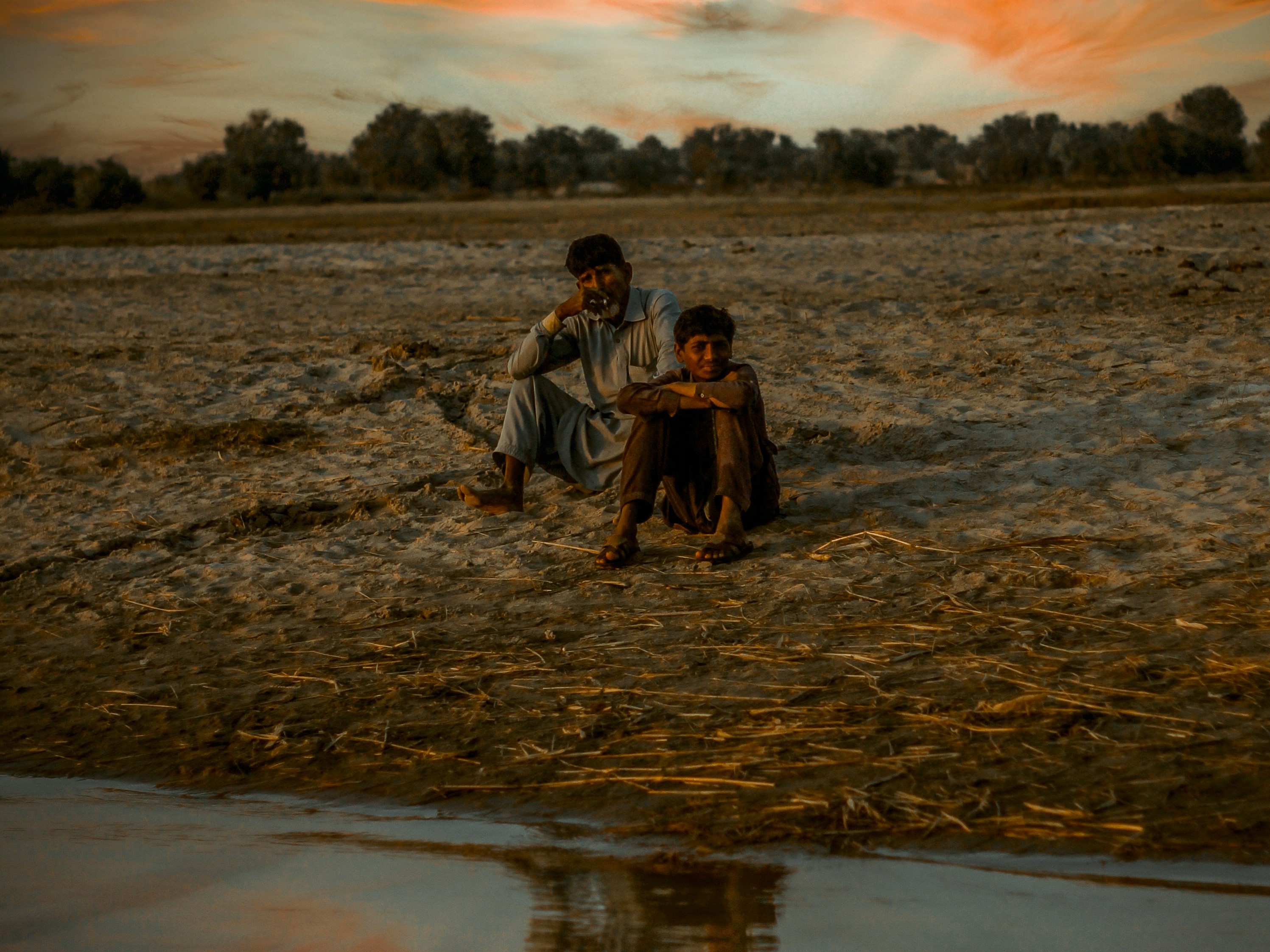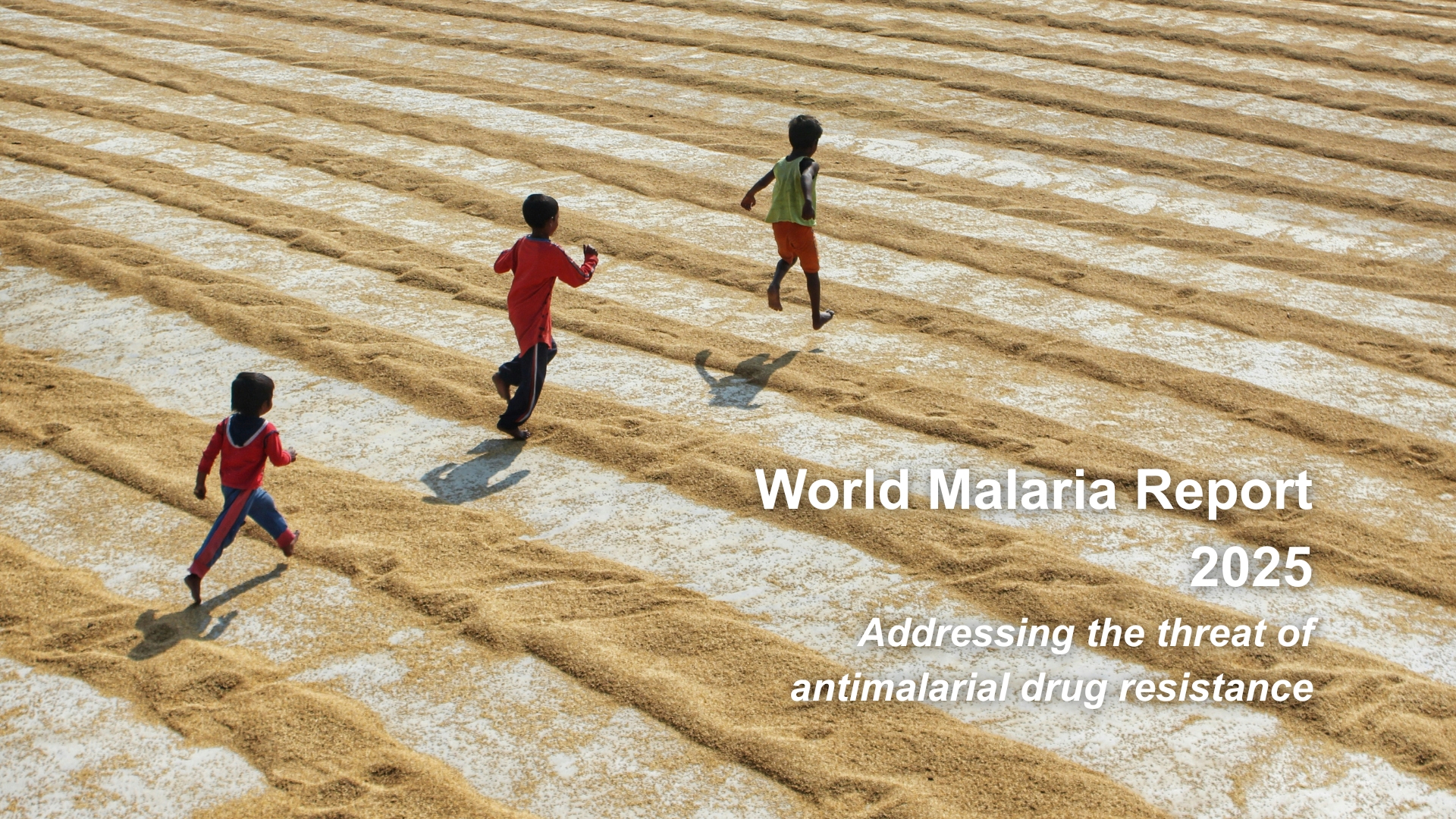
Singapore, 28 October 2025 – As global and regional leaders gather for the 20th East Asia Summit 2025, the Asia Pacific Leaders Malaria Alliance (APLMA) today unveils its landmark 10-year progress report, charting the region’s journey along the Asia Pacific Leaders’ Malaria Elimination Roadmap (2015-2024). This comprehensive review spans 22 malaria-endemic and malaria-free countries in the region, capturing a decade of ambition, collaboration and transformation. First endorsed by heads of state at the 10th East Asia Summit in 2015, the Roadmap stands as a testament to the region’s resolve – to turn vision into decisive action and realize a future free of malaria.
The report reveals a landscape marked by both remarkable achievements and urgent challenges. While several nations have celebrated historic milestones in their fight against malaria, the region as a whole now faces troubling reality: overall malaria cases today are nearly twice that of 2015. The surge lays bare the profound vulnerabilities within national health systems, underscoring the urgent need for resilience and renewed commitment in the face of persistent threats.
Over the past decade, five countries – Bhutan, China, Malaysia, Sri Lanka and Timor-Leste – have reported zero indigenous human malaria cases or achieved malaria-free certification from the World Health Organization. These successes demonstrate that malaria elimination is possible, even in diverse settings, through strong political leadership, disciplined program management, steady financing and robust community engagement.
In stark contrast, the report also highlights a dramatic divergence in motion. Eight countries – Pakistan, India, Papua New Guinea, Indonesia, Afghanistan, Myanmar, the Solomon Islands, and Bangladesh now account for 99% of the region’s malaria burden. Meanwhile, nine other countries– Cambodia, Democratic People’s Republic of Korea, Lao PDR, Nepal, Philippines, Republic of Korea, Thailand, Vanuatu, and Viet Nam – have made positive progress over the past decade, with some nearing elimination.
Alarmingly, the region has seen a 75% surge in malaria cases, rising from 2.5 million in 2015 to 4.4 million in 2024. After a promising decline to 1.8 million cases in 2021, the region saw a dramatic reversal, driven by climate shocks, conflict, and funding shortfalls. This resurgence was not gradual — it was rapid and uneven. Pakistan alone saw a five-fold increase in transmission following catastrophic flooding in 2022, culminating in 2.1 million cases in 2024. Myanmar’s malaria burden more than doubled, with cases rising from 79,000 in 2021 to 190,000 in 2024, exacerbated by the pandemic and ongoing civil conflict. Indonesia recorded a decade-high of 540,000 cases in 2024, with the Papua region alone accounting for 93% of the national malaria burden due to persistent ecological conditions that favour year-round malaria transmission. These spikes reveal how fragile progress can be when health systems are unable to absorb shocks or sustain essential services.
As countries grapple with a dramatic resurgence and mounting challenges, Dr. Sarthak Das, Chief Executive Officer of APLMA, urged countries’ leadership to act with impact:
“This escalation, coupled with epidemiological trends and resource constraints, have compelled several countries to shift their elimination targets, stretching between 2032 and 2038. As much as this move is important to maintain cadence, it could potentially dissipate political resolve and public confidence, granting malaria greater opportunity to embed itself within the very communities that are most at risk. Our current case numbers demand an urgent and strategic refocus. The next five years will be a defining period for leadership and lasting impact.”
The report also brings to light a critical insight that many national health systems are unable to withstand shocks. Most endemic countries lack resilient health systems, leaving them unable to maintain essential malaria services during crises. Declined external funding in Global Fund’s current grant cycle also saw a 20% reduction in malaria funding for Asia Pacific compared to the previous cycle. This resulted in a $478 million funding gap, contributing to 32% of regional malaria needs unmet. The shortfall has forced national malaria programs to make difficult trade-offs, undermining the effectiveness of control and elimination efforts and threatening to reverse hard-won gains.
In the face of operating in a constrained landscape, His Excellency, Former President Susilo Bambang Yudhoyono, Special Advisor to APLMA pointed out the power of partnership and commitment:
“Strengthening partnerships, investing in communities, and holding ourselves accountable to the promise of a malaria-free Asia Pacific must remain at the heart of our efforts. With unity, sustained financing, and unwavering commitment, Asia Pacific can make history as the first region outside Europe to eliminate malaria.”
In the face of extraordinary adversity and persistent obstacles, the report emphasizes that malaria elimination is very much attainable. The next five years are critical. Leaders, partners and communities must act with urgency, unity, and innovation. Without urgent, coordinated action – especially in high-burden countries – the region risks missing its 2030 goal. Malaria elimination is still possible, but only if leaders prioritise resilience, equity, and sustainable financing. This is not just about ending a disease – it is about protecting the most vulnerable, strengthening health systems, and demonstrating that regional solidarity can deliver historic results.
.svg)



.jpg)





